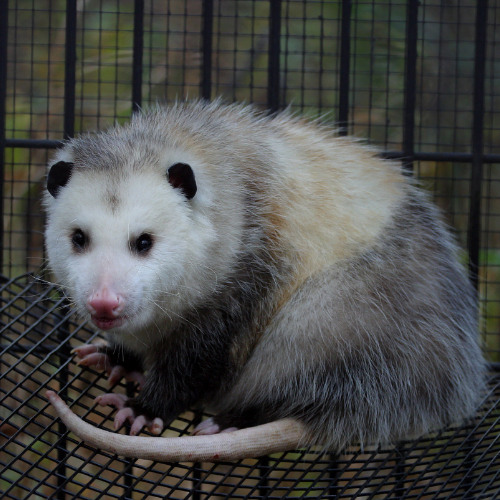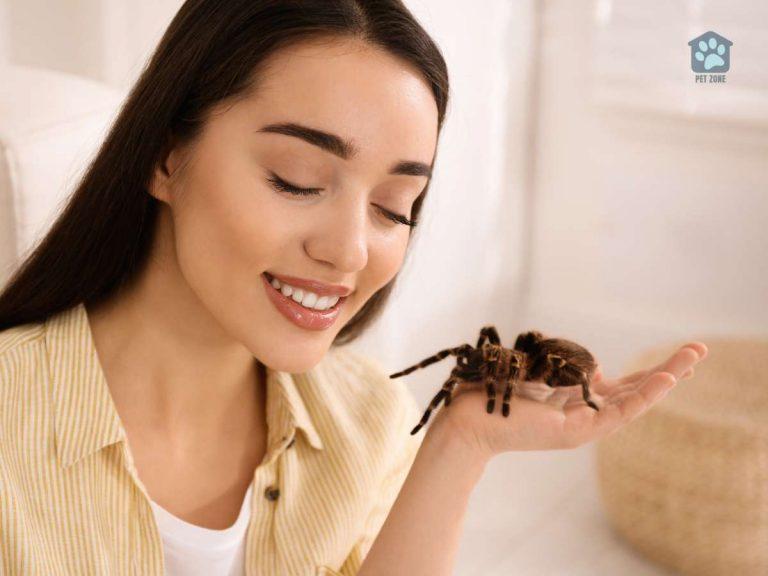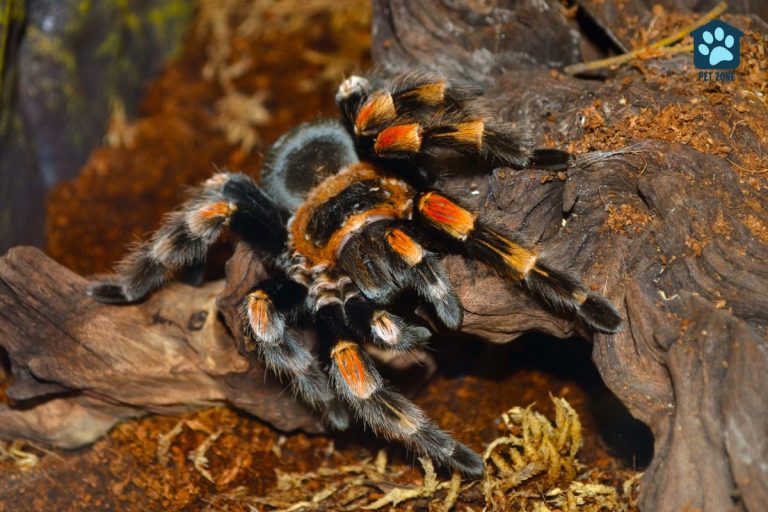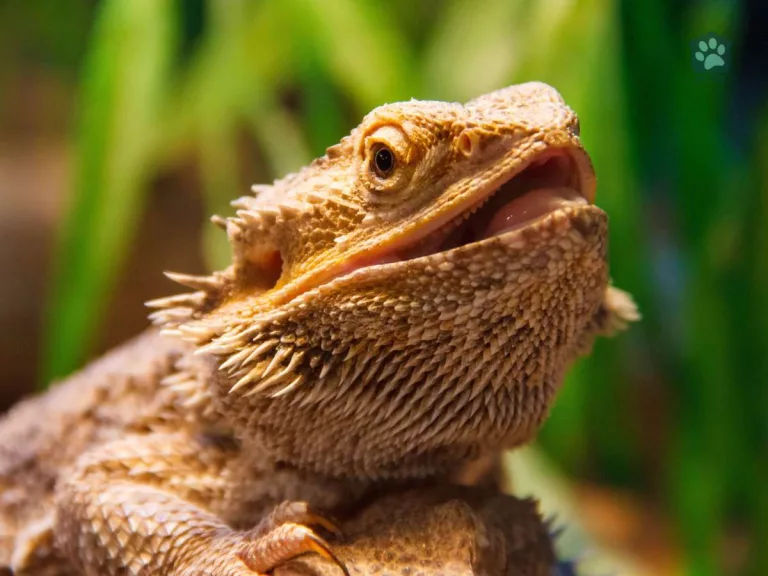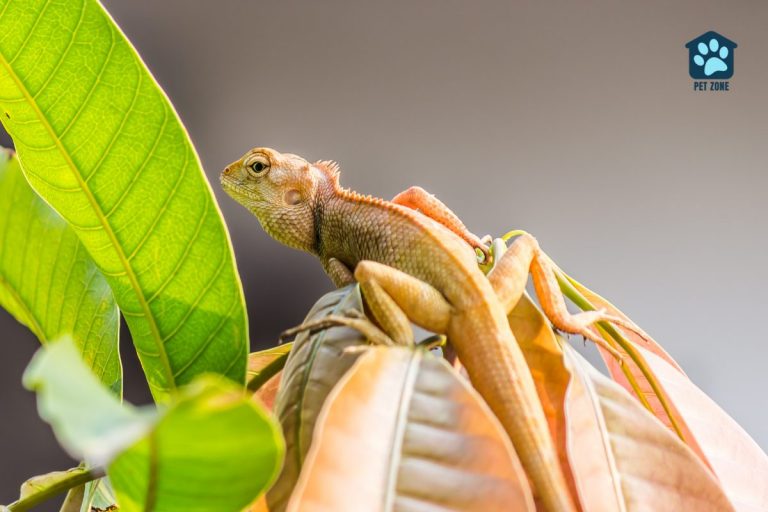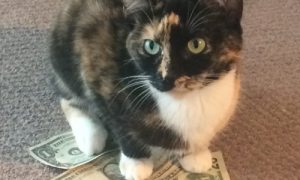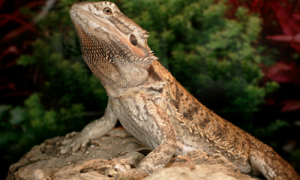Estimated reading time: 6 minutes
If you’ve ever considered adding an unconventional pet to your household, you might have thought about adopting an opossum. These fascinating creatures have become increasingly popular in recent years, but before you welcome one into your home, it’s essential to understand the legality, costs, diet, lifespan, and other factors that come with owning an opossum as a pet. In this guide, we’ll explore everything you need to know about these unique animals.
Are Opossums Legal as Pets?
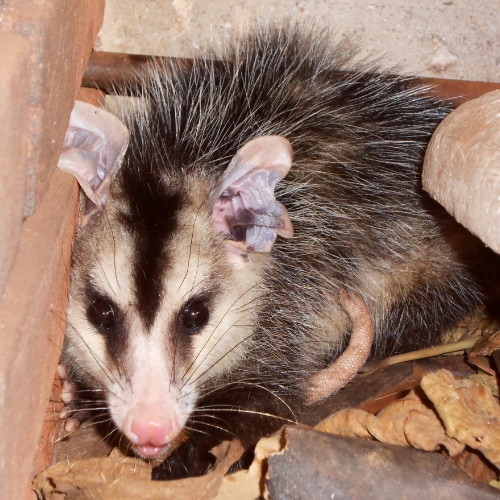
Legality in the United States
Opossums are native to the Americas, and their legal status as pets varies from state to state in the United States. While some states allow residents to keep opossums as pets, others have strict regulations or even prohibit their ownership entirely.
For example, in states like Florida and Georgia, it is legal to keep opossums as pets with the appropriate permits. On the other hand, states like California and New York have strict laws against keeping opossums as pets, mainly due to concerns about spreading diseases and disrupting local ecosystems.
It’s crucial to check your local and state laws and acquire any necessary permits before adopting an opossum as a pet.
Legality in Other Countries
In countries outside of the United States, the legality of owning an opossum as a pet can vary significantly. Some nations may have no regulations on opossum ownership, while others might ban them outright. It’s essential to research the specific laws in your country before attempting to acquire an opossum.
The Costs of Owning an Opossum
Initial Costs
Owning an opossum as a pet comes with a variety of expenses. First, there are the initial costs associated with acquiring your new pet, such as the price of the opossum itself, which can range from $200 to $500, depending on factors like age and rarity. You may also need to pay for permits or licenses, depending on your location.
Housing and Supplies
Opossums require a safe and comfortable living space, which can add to the overall cost of ownership. You’ll need to provide a spacious enclosure with climbing opportunities, hiding spots, and a nesting area. A suitable enclosure can cost between $300 and $700, depending on its size and features.
Additionally, you’ll need to purchase food and water dishes, toys, and bedding materials. These costs can add up, so it’s essential to budget for these necessities.
Ongoing Expenses
Opossums have specific dietary needs, and their food can be costly. As omnivores, they require a balanced diet of fruits, vegetables, insects, and small animals like mice. You can expect to spend around $50 to $75 per month on food for your opossum.
Regular vet visits are also essential for keeping your opossum healthy. It’s crucial to find a veterinarian experienced with exotic animals, as not all vets are familiar with opossums’ unique needs. Vet bills can vary, but you should budget for at least $200 to $400 per year for routine check-ups and vaccinations.
Opossum Diet: What Do They Eat?
The Omnivorous Opossum
Opossums are omnivores, meaning they eat both plant and animal matter. In the wild, they consume a variety of foods, including fruits, vegetables, insects, and small animals. As pets, it’s crucial to replicate this diverse diet to ensure they receive all the necessary nutrients.
A Balanced Diet
To provide your opossum with a balanced diet, aim to include a mix of fruits, vegetables, insects, and occasional small
animals like mice. Some staple foods to incorporate into their diet include:
- Fruits: Apples, bananas, berries, and melons
- Vegetables: Leafy greens, carrots, sweet potatoes, and squash
- Insects: Crickets, mealworms, and dubia roaches
- Protein: Cooked lean meats, such as chicken or turkey, and occasional small animals like mice
Avoid feeding your opossum junk food, chocolate, or foods high in sugar or salt, as these can be harmful to their health.
Supplements
In addition to a well-rounded diet, opossums may require calcium and vitamin supplements to prevent nutritional deficiencies. Consult with your veterinarian to determine the appropriate supplements and dosages for your pet.
Opossum Lifespan: How Long Do They Live?
Lifespan in the Wild
In the wild, opossums face many threats, such as predators, diseases, and accidents. Due to these factors, their average lifespan in the wild is relatively short, typically ranging from 1 to 2 years.
Lifespan in Captivity
When kept as pets in a safe and healthy environment, opossums can live significantly longer than their wild counterparts. On average, pet opossums have a lifespan of 3 to 4 years, with some individuals even reaching 5 years or more.
To maximize your opossum’s lifespan, ensure they have a balanced diet, proper housing, and access to regular veterinary care. Keeping their enclosure clean and engaging can also help reduce stress and promote overall well-being.
Opossum Behavior and Socialization
Nocturnal Animals
Opossums are primarily nocturnal, which means they are most active during the night. As a pet owner, it’s essential to be aware of this natural behavior and adapt your schedule accordingly. Opossums might not be suitable for those who prefer daytime pets or those with a low tolerance for nocturnal noises.
Solitary Creatures
Unlike some other pets, opossums are generally solitary animals. They do not typically require the companionship of other opossums and can become territorial or aggressive when housed together. This trait makes them well-suited for single-pet households.
Socialization and Handling
Although opossums are solitary, they can form bonds with their human caregivers. Regular interaction and gentle handling are crucial for socializing your pet opossum and building trust. Keep in mind that opossums have sharp teeth and may bite if they feel threatened, so it’s essential to approach them calmly and patiently.
The Benefits and Challenges of Owning an Opossum
Benefits
Opossums are fascinating and unique pets that can bring joy and companionship to the right household. They are relatively low-maintenance and can thrive in smaller living spaces, making them suitable for various environments. Additionally, they can help control insect populations, as they naturally consume various bugs and pests.
Challenges
Owning an opossum as a pet also comes with its challenges. Their nocturnal habits may not suit all pet owners, and their unique dietary and veterinary needs can be costly. Furthermore, they have a shorter lifespan than many other pets, which can be a difficult reality for some to accept.
Conclusion
Opossums can make interesting and rewarding pets for those who are prepared to meet their unique needs. By understanding the legality, costs, diet, lifespan, and other factors related to owning an opossum as a pet, you can make an informed decision about whether this distinctive creature is the right addition to your household. If you do decide to adopt an opossum, remember to provide a safe and enriching environment, proper nutrition, and regular veterinary care to ensure your pet thrives and enjoys a healthy, happy life with you.
Before embarking on your journey as an opossum owner, take the time to research and connect with experienced opossum owners and professionals. Online forums, social media groups, and local exotic pet clubs can offer invaluable advice and support as you navigate the world of opossum care.
In the end, owning an opossum as a pet can be a rewarding experience that allows you to bond with a unique and fascinating creature. By understanding and respecting their needs, you can create a loving home for your opossum and enjoy the companionship of these extraordinary animals for years to come.


